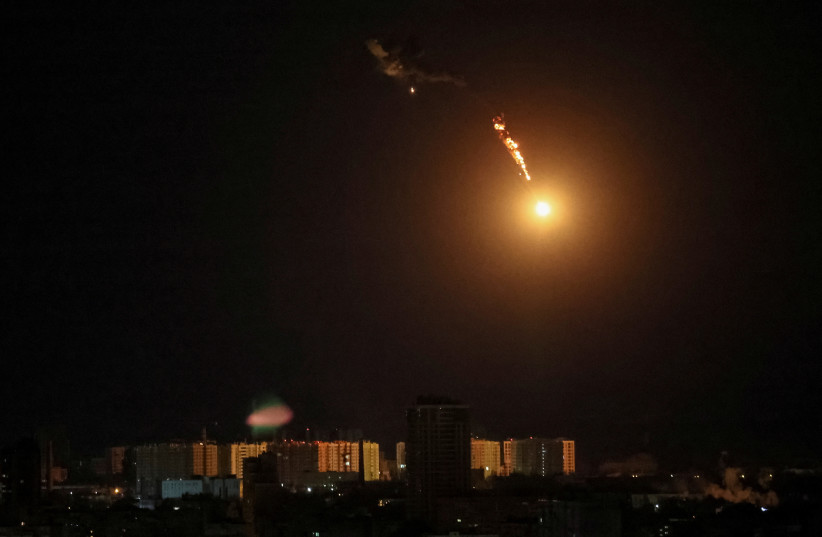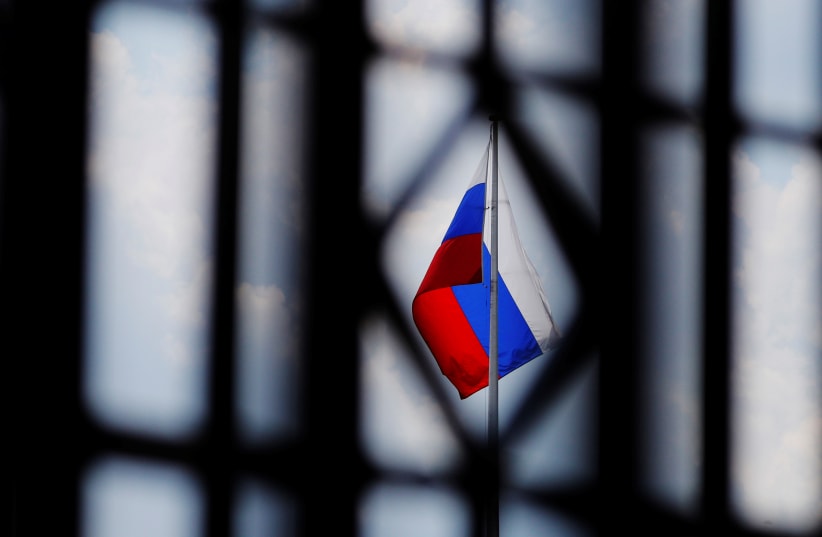The US continues to find itself frustrated in attempts to get countries on board with its policy on the Russian invasion of Ukraine. Most of these challenges are in the global south or areas like Asia and North Africa. The US especially has trouble with countries that historically have ties to the Soviet Union. Egypt is a special case. It is a partner of the US and receives US military assistance.
However, a recent report in The Wall Street Journal noted that the US had encouraged Egypt to close its airspace to Russian military aircraft. Recent reports online have noted that Russia has difficulty flying military aircraft around the Middle East, having to take a long circle over Azerbaijan or Iran and then Kuwait and through the Gulf, around Yemen and then over Egypt to get to Syria.
The US would prefer that more countries close their airspace. This means pressure may have been exerted on Iraq and other countries. However, a recent report said that Egypt had ignored US calls to close its airspace.
Russia would prefer the shorter route over Turkey to get to the Hmeimim airbase in Syria, where Moscow has military assets. A report at Al-Ain Media in the UAE has also highlighted the WSJ report.
Clearly, countries in the Middle East are watching the Egyptian case closely. Some countries like Saudi Arabia have sought out a new foreign policy in recent months. They have patched things up with Iran, are seeking to normalize deals with the Syrian regime and they also talk to China and Russia.

The flight issue and Egypt are not the only issues on Washington’s plate. An article in April at The Washington Post also noted that the US was concerned Egypt might supply Russia with munitions. Cairo shelved that plan and denied this was the case, according to the reports.
The United States and South Africa
The US has also stoked controversy in South Africa. Reports at CNN, citing local media, noted on Friday that “the US ambassador to South Africa on Thursday accused the South African government of delivering arms and ammunition to a sanctioned Russian cargo vessel late last year.” The report also said that “among the things we noted was the docking of the cargo ship in Simon’s Town naval base between the 6th to the 8th of December 2022, which we are confident had uploaded weapons and ammunition onto that vessel as it made its way back to Russia,” Ambassador Reuben Brigety II told local media, including News24.com.
The comments have led to controversy in South Africa and some media there noted the Communist Party in South Africa has called for the US ambassador to be expelled. Other reports said the US ambassador has apologized for the comments. South Africa has denied reports that it supplied weapons to Russia via a ship. Reports had said that a cargo vessel had docked at a naval base in Simon’s Town near Cape Town in December 2022.
The overall issue here is that countries are now in the spotlight for pushing back against US pressure and accusations in Western media. These countries are denying they back Russia but they also don’t want to be pressured into getting involved in the West’s backing of Ukraine.
This illustrates the changing nature of the global order and the success Russia, China and other countries appear to have had in the global south. Some countries have also refused to side with the US and the West at the UN. This is not a major trend, because many of these countries don’t back Russia, they simply abstain. They want to have an independent policy and not be drawn in.
However, this is in contrast to the view that countries like Egypt and South Africa are linked closely to the West and the US, both in terms of military and larger political and economic issues.
